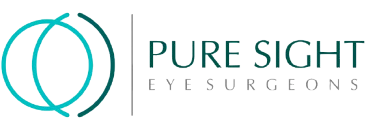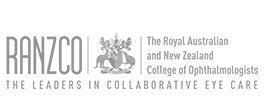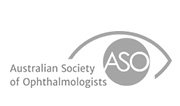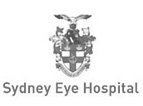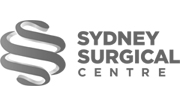Hyperopia (Farsightedness)
While looking at an object, light enters the eyes through a transparent outer curved layer called the cornea and passes through the flexible biconvex clear lens in the eye, to focus the rays of light on the photosensitive retina at the back of your eyes. In hyperopia, the curvature of the cornea is too weak or the eyeball is too long. This causes the incoming light rays to focus behind the retina instead of directly on it.
Hyperopia or farsightedness is a vision abnormality characterised by difficulty seeing nearby and distance objects, which appear blurry, with deterioration with age. This is because in young people the natural lens of the eye can correct the focus in hyperopic eyes if the hyperopia is low. With ageing however, the natural lens progressively loses this flexibility and the vision blurs.
How does hyperopia affect you?
Hyperopia can cause you to squint or pull away when focusing on nearby objects in order to see them more clearly. It can lead to eyestrain or headache with tasks such as reading or computer work. Hyperopia can be detected on regular eye exams.
How is hyperopia diagnosed?
To diagnose hyperopia, Dr Chiu and her staff will review your symptoms and history and perform a comprehensive eye exam to test the various aspects of your vision. This usually involves examining your eyes and vision with different instruments, under bright light, and while looking through different lenses.
How is hyperopia treated?
To treat hyperopia, your doctor may recommend corrective lens in the form of eyeglasses or contact lens. Surgery may be performed to reshape the cornea, surgically placing a corrective lens implant or replacing the natural lens of the eye with a lens implant.
